Subscribe to our joint NEWSLETTER for
EUTROPIAN &
COOPERATIVE CITY MAGAZINE

Co-PED addresses the need for innovative financial and organisational models in energy communities, with a focus on Social and Cultural Centres (SCCs) as key actors of Positive Energy Districts (PEDs). By helping SCCs in strengthening the role of communities in the energy transition, Co-PED aims to enhance collaboration between energy producers and consumers, encourage community participation, and support democratic decision-making and social inclusion. The Co-PED consortium—a diverse network of SCCs, research institutions, civic groups, and energy companies—will create eight Urban Living Labs (ULLs) across urban, peri-urban, and rural areas to explore SCCs’ role in the green urban transition, while also developing policy recommendations for advancing the energy transition. Co-PED is funded by the Driving Urban Transitions programme.
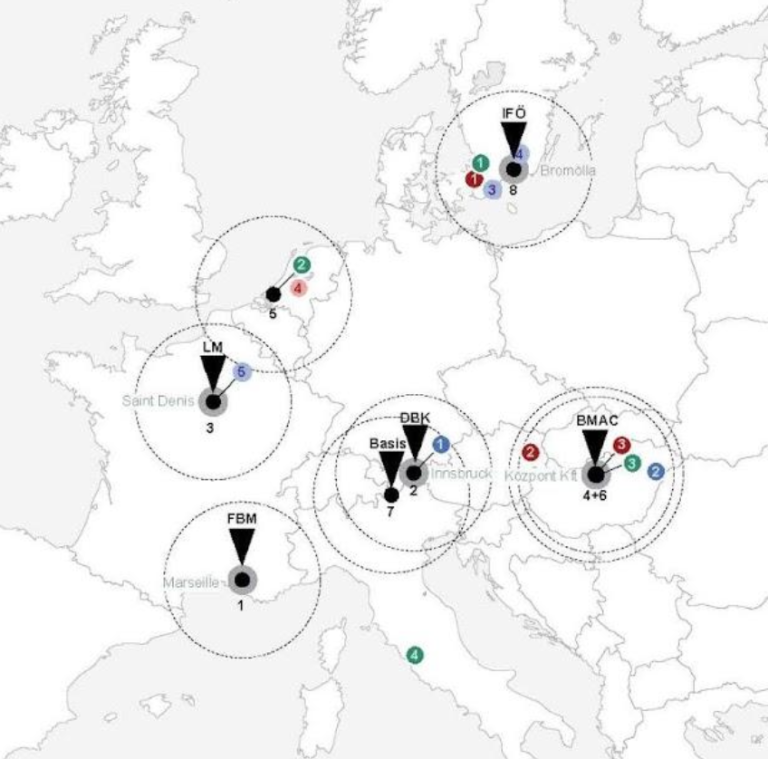
Co-PED seeks to develop innovative financial and governance models for decentralised, cooperative energy communities, organised around Social and Cultural Centres (SCCs) to address unique challenges in the ongoing energy crisis. The effort aims to empower local communities to contribute to energy generation, efficient consumption, and collaborative decision-making. By fostering urban-rural partnerships and creating “virtual energy communities,” the project intends to make affordable renewable energy accessible while supporting SCCs’ economic sustainability, bridging disparities in energy access, and linking social, economic, and technological innovation within the energy sector.
Eutropian will support the Co-PED in the following ways:

Ifö Center – Sweden
Ifö Center is an artist-run cultural hub in a former factory by Lake Ivö. The Ifö Center
Lab wants to test a circular economy model to use the profit of the energy produced by solar panels to invest in another centre in their neighbourhood. The aim is to turn the old factory buildings into a resource in the green transition, creating an energy positive estate that inspires others to make changes as well.
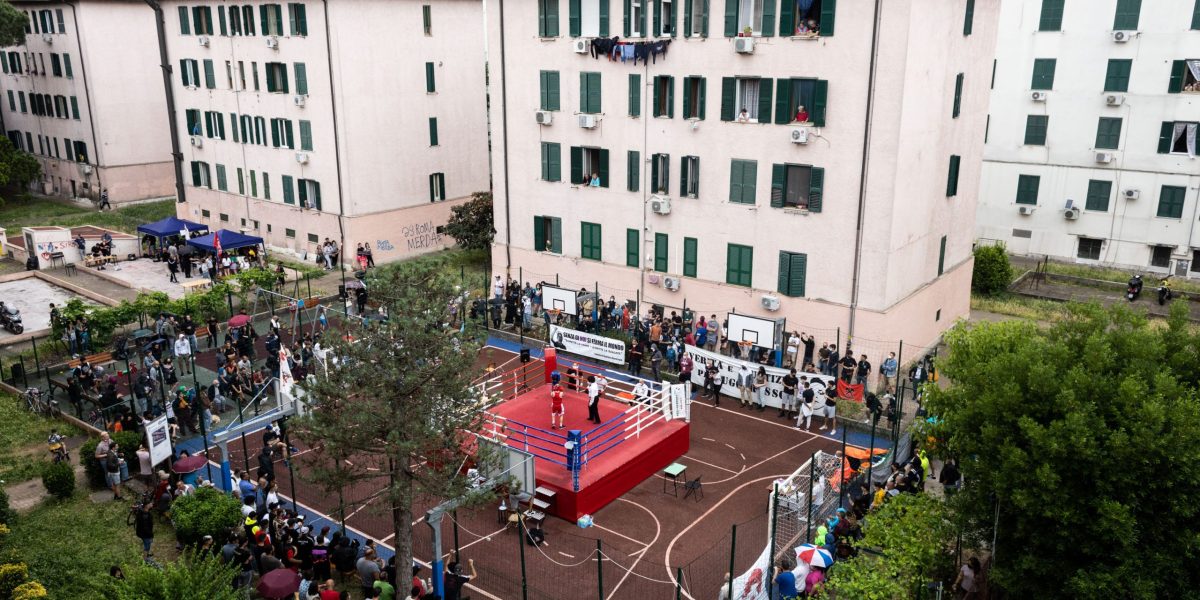
Hart Van Zuid – The Netherlands
Hart Van Zuid is the area around Rotterdam’s Zuidplein station, considered as deprived and undergoing a radical transformation in the framework of a national urban regeneration programme. In Co-PED, the Rotterdam Lab will explore possibilities for synergies by capitalising on the investment done within the renewed area by connecting the energy infrastructure to the adjacent neighbourhoods.
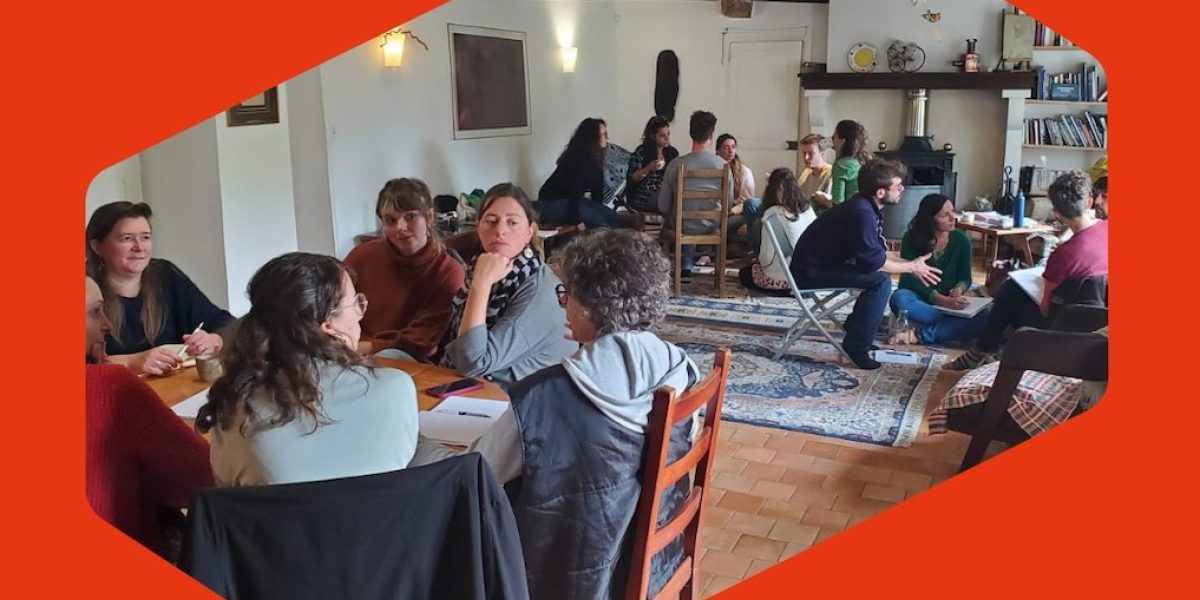
Green Kommon – France
Green Kommon is a cultural energy fund in the Plaine Commune area (North of Paris), supporting the regional solidarity, economic sustainability and ecological transition of cultural venues. The Green Kommon Lab will help cultural spaces become energy producers, enhancing close collaboration among cultural actors, policymakers, scientists, and civil society for the implementation of sustainable solutions.
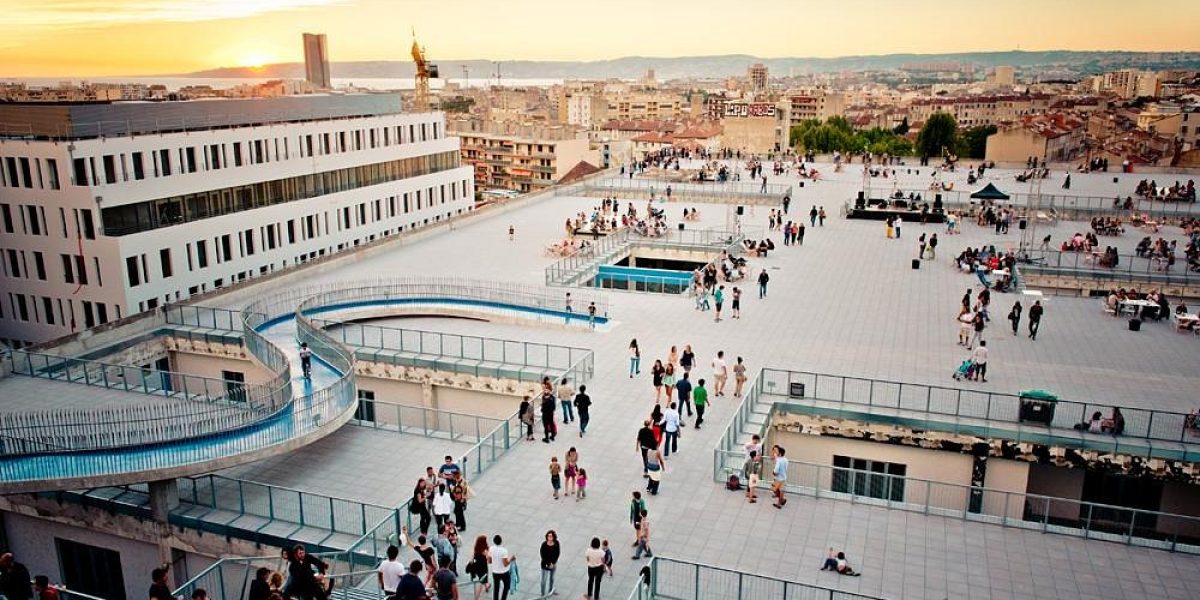
La Friche La Belle de Mai – France
La Friche Belle de Mai in Marseilles is one of Europe’s pioneering initiatives to convert an industrial area into a cultural space. The Friche la Belle de Mai Lab will develop a sustainable and cooperative system of energy production and distribution beyond the cultural centre’s site, also for the benefit of the neighbourhood.
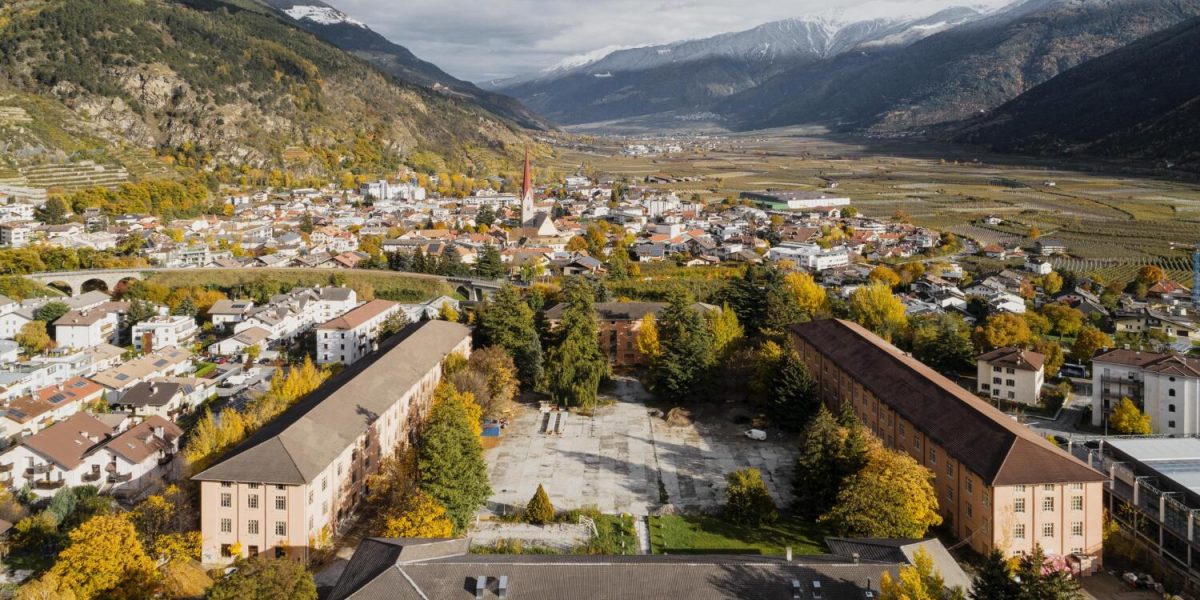
BASIS Vinschgau Venosta – Italy
BASIS is a cultural venue located in the Venosta Valley in South Tyrol, working at the interface between modern economy, informal education, contemporary art and socio-cultural development.
will analyse and test different forms of economic participation of citizens to foster the acceptance of novel decentralised production and distribution models considering also agro-photovoltaic possibilities.
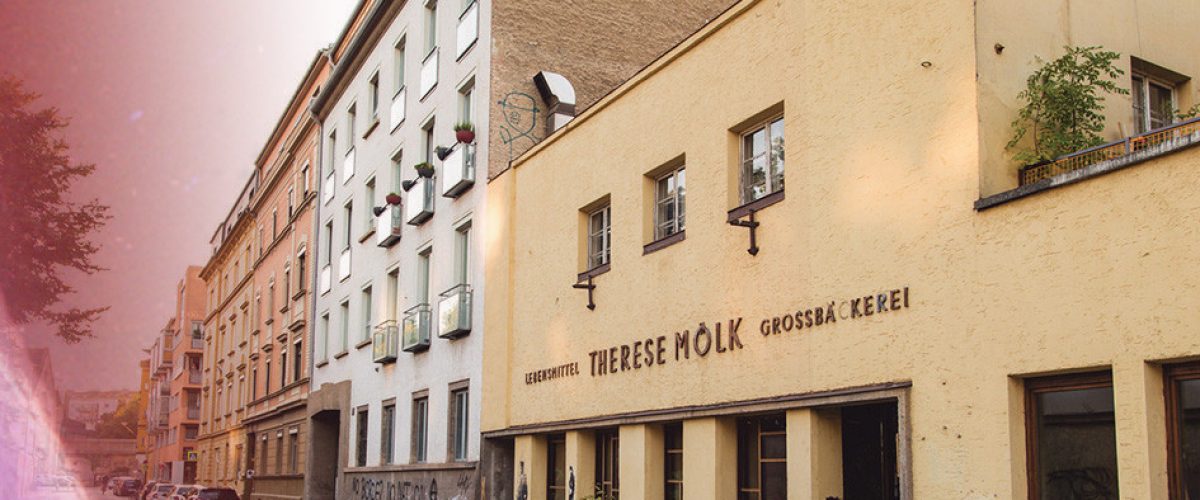
Die Bäckerei – Austria
Die Bäckerei is a cultural hub in Innsbruck, Austria, promoting sociocratic governance, accessible cultural events and grassroots initiatives. The Bäckerei Lab will set up and run an energy community together with local residents and neighbours, establishing new connections with different demographic groups and institutions and thereby extending the relevance of Die Bäckerei as a local actor and hotspot for social innovation.

Bartók Quarter – Hungary
Bartók Quarter is a cultural district in Újbuda, Budapest, involving cultural initiatives, creative producers, NGOs, universities and public institutions. The Bartók Quarter Lab will use the concept of energy communities to create stronger links between cultural actors and local residents. Embedded in a more circular logic of the neighbourhood, energy communities will connect the solar capacities of condominium building rooftops and the organisational capacities and daytime energy needs of ground floor spaces.

Bakelit – Hungary
Bakelit is a cultural venue in Southeast Budapest operating in a former manufacturing complex located in a vast post-industrial area. Facing the difficulties of the current energy crises, Bakelit has been engaged in upgrading its buildings towards a more self-sufficient energy production and consumption model. The Bakelit Lab will focus on developing plans for an energy community in the broader area where the cultural venue is located, currently with fragmented ownership and no common vision.
The project aims to create inclusive, community-driven energy models that promote civic engagement and accelerate renewable energy adoption. Through partnerships with social and cultural centers (SCCs), local governments, and experts, it seeks to:
With eight Urban Living Labs across Europe, the project adapts sustainable energy practices to diverse local contexts, ensuring resilient and equitable energy systems.
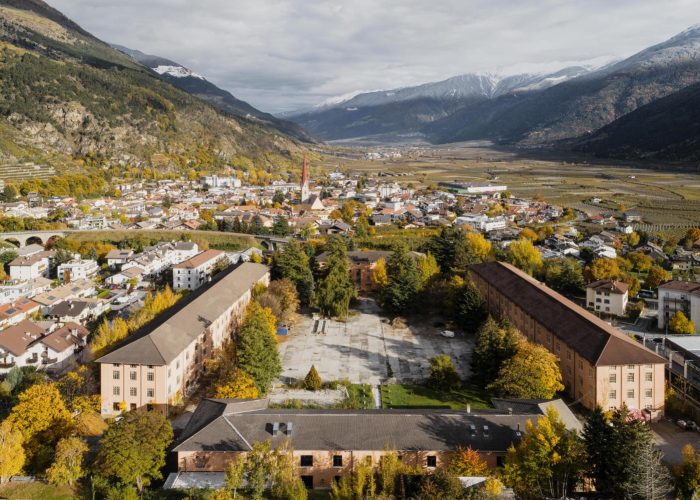
| Cookie | Duration | Description |
|---|---|---|
| cookielawinfo-checkbox-analytics | 11 months | This cookie is set by GDPR Cookie Consent plugin. The cookie is used to store the user consent for the cookies in the category "Analytics". |
| cookielawinfo-checkbox-functional | 11 months | The cookie is set by GDPR cookie consent to record the user consent for the cookies in the category "Functional". |
| cookielawinfo-checkbox-necessary | 11 months | This cookie is set by GDPR Cookie Consent plugin. The cookies is used to store the user consent for the cookies in the category "Necessary". |
| cookielawinfo-checkbox-others | 11 months | This cookie is set by GDPR Cookie Consent plugin. The cookie is used to store the user consent for the cookies in the category "Other. |
| cookielawinfo-checkbox-performance | 11 months | This cookie is set by GDPR Cookie Consent plugin. The cookie is used to store the user consent for the cookies in the category "Performance". |
| viewed_cookie_policy | 11 months | The cookie is set by the GDPR Cookie Consent plugin and is used to store whether or not user has consented to the use of cookies. It does not store any personal data. |
